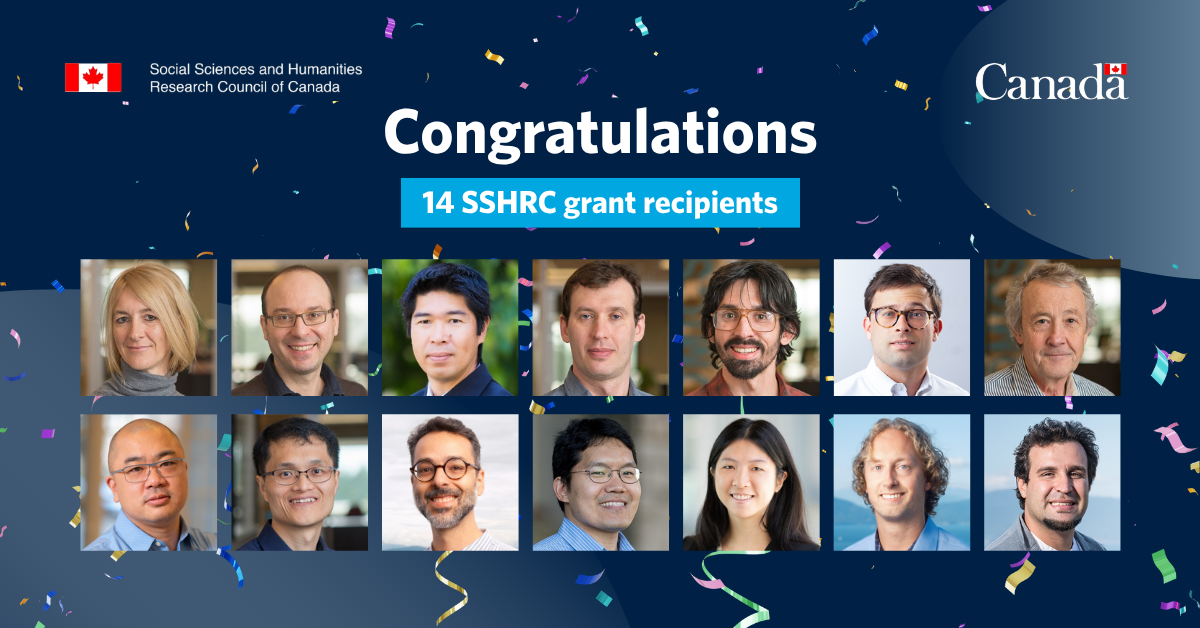Sylvie Lefebvre has had a hand in shaping the daily commute of many Vancouverites, although most wouldn’t know it.
The double alumna from the University of British Columbia acted as an independent consultant for the construction for two of the city’s rapid transit systems, the Canada Line and Evergreen Line.
“As part of environmental assessments for both lines, I analyzed the socioeconomic impacts; how many jobs would be created from the projects, how they would impact businesses and residents, and what accommodation might be required,” said Lefebvre, who studied economics and business administration at UBC. “Whenever I ride the lines, I’m reminded of my involvement.”
In this Q&A, Lefebvre discusses her work as a professional economist in more detail and reflects on her time at UBC.
What does your job as a consultant entail?


Sylvie Lefebvre
When a company wants to do a major project, they need to do an environmental assessment and file an application with regulatory agencies to get approval to proceed. Part of these assessments look at what you might think of when it comes to the environment, including the impact on water, fish or a contaminated site. My involvement is to provide the socioeconomic analysis. Ten years ago, this was a relatively new component to these assessments. Now, almost every major project requires it.
How would you describe the consulting work you do?
It’s like doing a master’s thesis over and over again because it involves a lot of research. Projects can take years to assess as they evolve. For example, I was involved in several land-use planning decisions in B.C. It led to the protection of various portions of Crown land, including areas around Haida Gwaii and the Cariboo region. It can also involve a lot of travelling to the different regions you’re assessing, so that can be time consuming.
What are the benefits of being an independent consultant?
Working for myself has been a blessing when it came to raising a family. I work my own hours and my days are flexible. I spent ten years at Price Waterhouse (now part of PwC) before going out on my own and more of my work there involved managing people. It depends on what one likes.
Why UBC?
I grew up in Montréal and the adventure of going out west appealed to me. I also wanted to improve my English language skills. My first year was very difficult because English was my second language. I improved and I got a research position with a prominent professor, Erwin Diewert. After that, I never looked back.
Favourite memory of UBC?
I met my husband in a statistics class.


Sylvie Lefebvre at UBC in 1980
When Lefebvre is not consulting, you can find her on two wheels. She recently cycled from Paris, France to San Sebastián in Spain, one of a number of bike tours she’s completed in Europe.
In fact, her first bicycle tour was a result of her studies at UBC. As a student, she won the Jim Davey Award, given by the Canadian Transportation Research Forum, for transportation related papers. The prize was two tickets anywhere Air Canada flew, so she headed to Paris and cycled through Belgium and the Netherlands. “Best thing I’ve ever won,” Lefebvre said.
Lefebvre is married with two grown sons, one of which also went to UBC. She holds a bachelor’s degree from UBC’s Dept. of Economics, now the Vancouver School of Economics, and an MBA from the Sauder School of Business.


